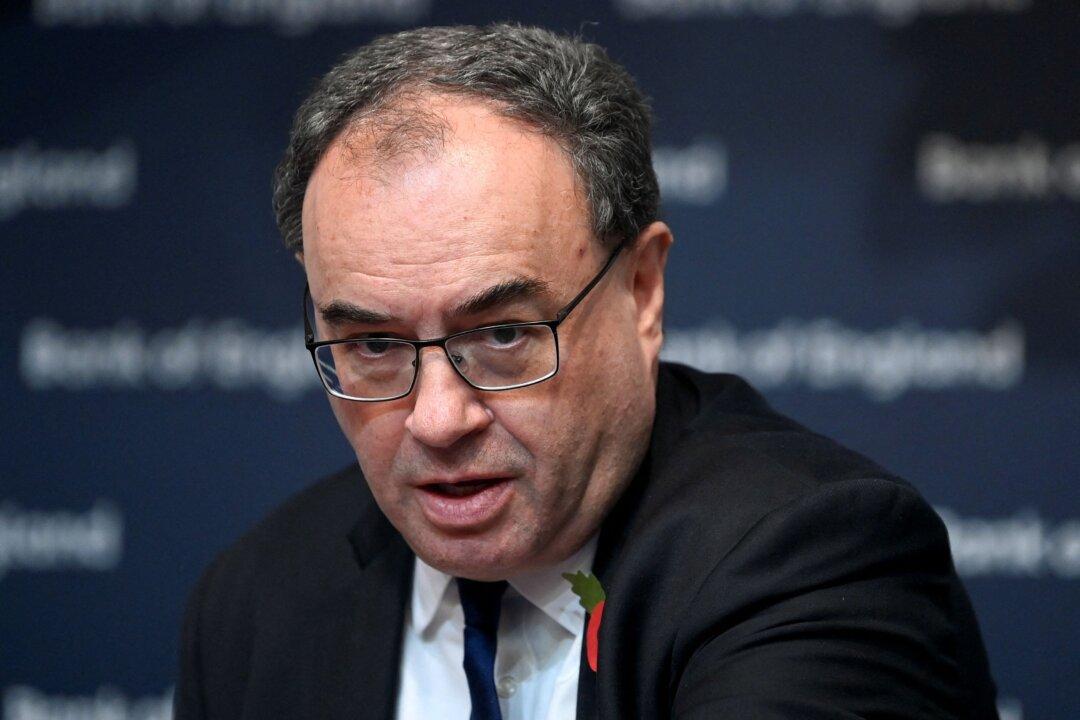The official bank base interest rate in the UK has remained at 5.25 percent, following a vote by the Bank of England (BoE).
The decision by the bank’s Monetary Policy Committee (MPC) was published on Thursday, after a 6-3 vote in favour of holding the rate at the level set last month.





